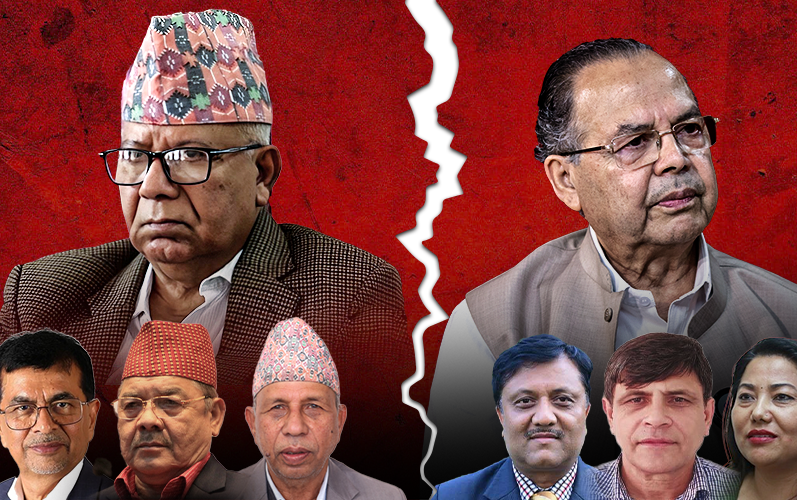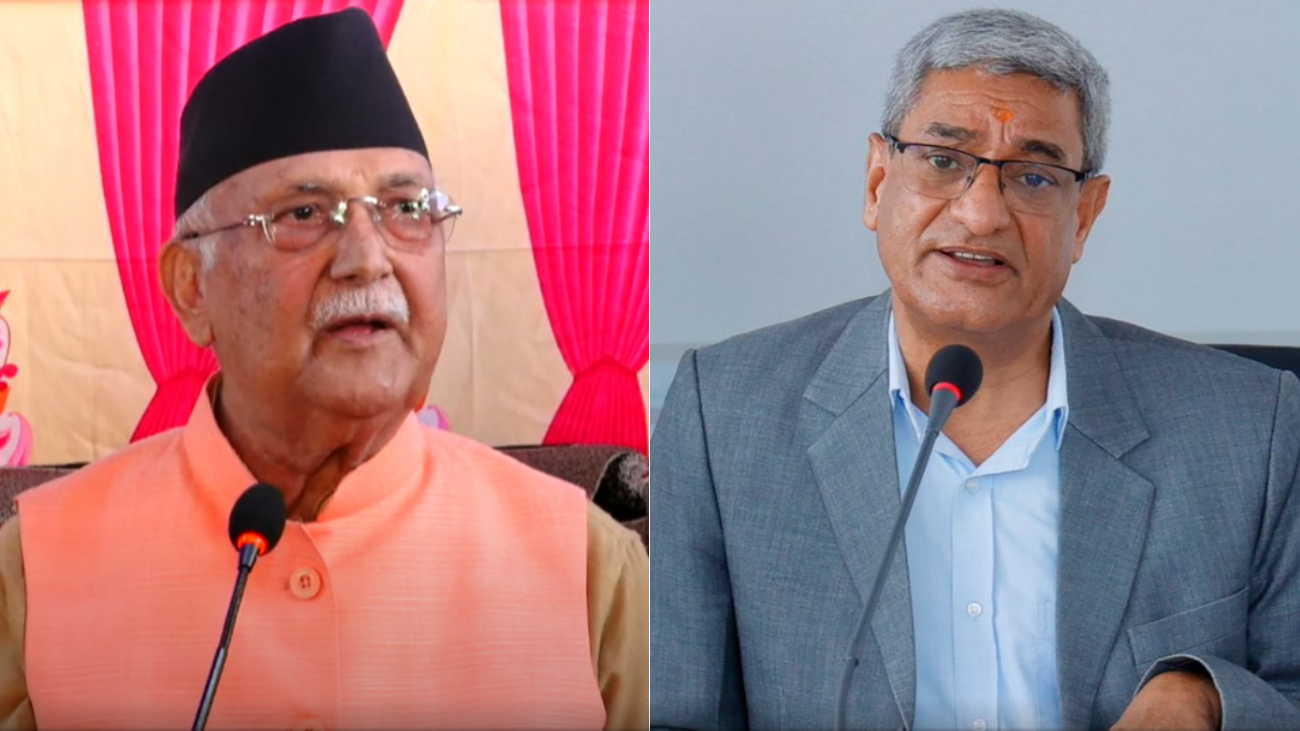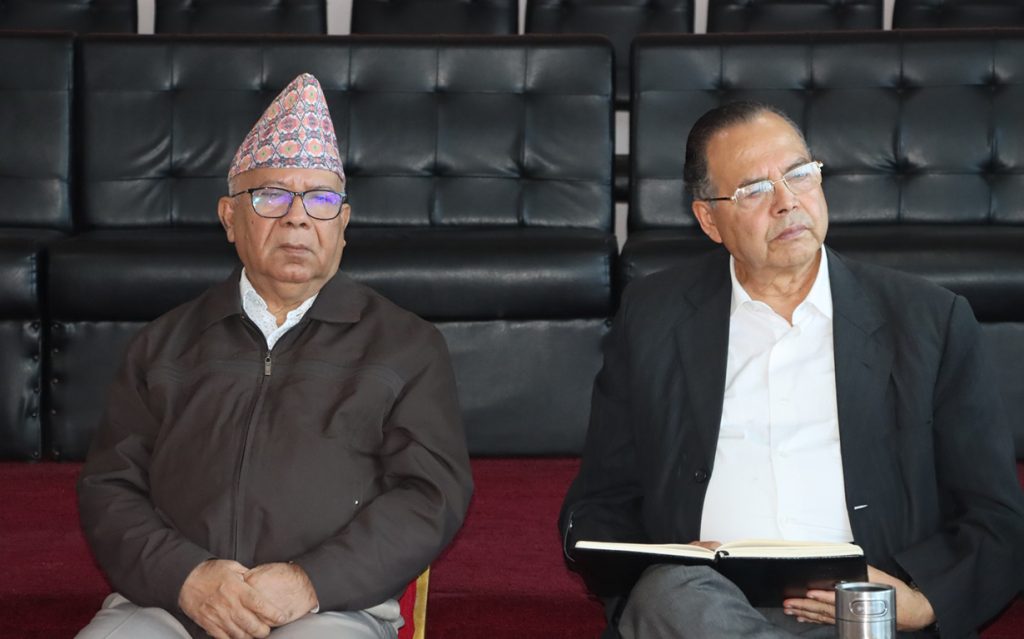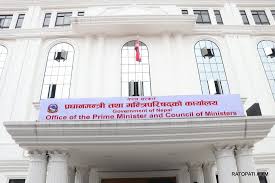
Kathmandu, July 19: After months of persistent warnings and recommendations from the Cyber Bureau of the Nepal Police, the Nepal Telecommunications Authority (NTA) on Friday instructed all telecom service providers to immediately block access to the Telegram messaging app. The directive was officially announced through a notice on the NTA’s website.
This decision comes amid increasing concerns from security agencies that Telegram has become a major tool for money laundering and financial fraud in Nepal. According to Superintendent of Police (SP) Dipak Raj Awasthi, spokesperson for the Cyber Bureau, the app is frequently exploited for fraudulent financial schemes. “Many people are unaware of how the app works, making them easy targets for scams, especially investment frauds,” he said. SP Awasthi also noted that the bureau had been requesting a ban for more than six months, calling the move welcome, although delayed.
The push for the ban gained momentum following a series of high-level meetings involving officials from the Prime Minister’s Office, the Ministry of Home Affairs, and other related agencies. During these discussions, Cyber Bureau representatives presented multiple instances of money laundering linked to Telegram use. Consequently, the Prime Minister’s Office formally asked the Ministry of Communication and Information Technology to act on the matter.
Another major reason behind the ban was Telegram’s refusal to cooperate with investigations. Unlike platforms owned by Meta, which routinely share requested information with police, Telegram declined to provide access to user data. “We had no choice but to recommend the ban since the app was non-cooperative,” SP Awasthi said.
He further revealed that the bureau is monitoring other apps that may be misused by cybercriminals. “We are aware of several such platforms, and if their operators also refuse to assist during investigations, similar action may follow,” Awasthi warned.
Telegram has long faced criticism for its lack of transparency and unwillingness to support law enforcement globally. It is already banned in countries like China due to security concerns.



















Comments:
Leave a Reply